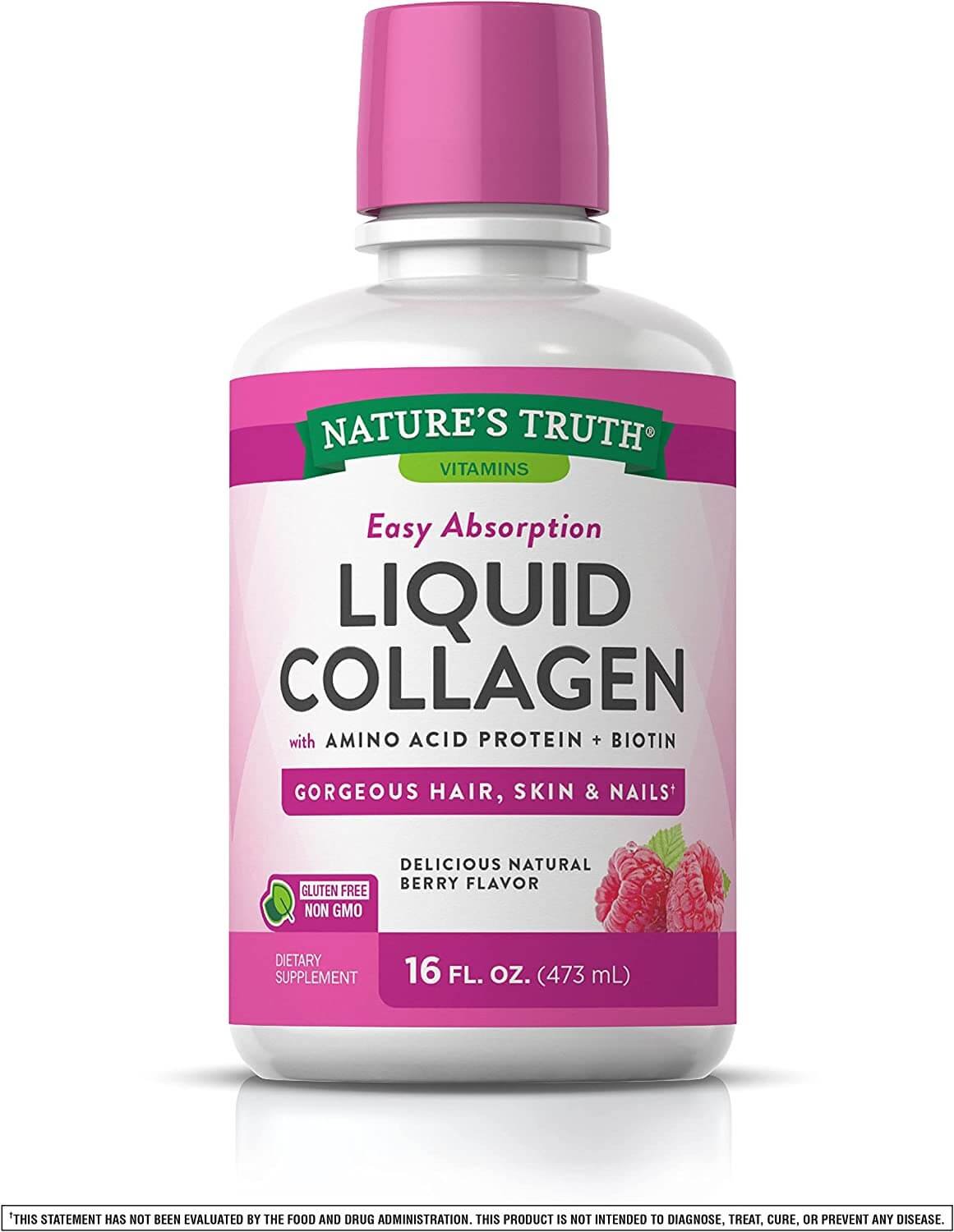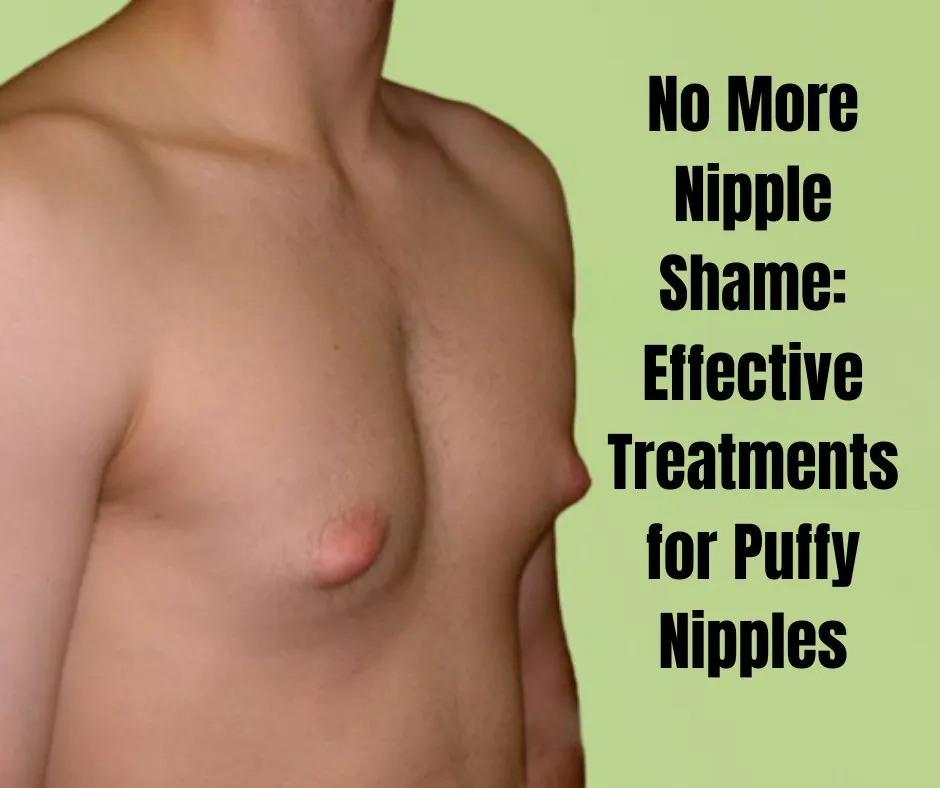Note
Hitting the sack with damp locks is a common practice for many people, whether due to laziness, lack of time, or simply a preference for air-drying their hair. However, this seemingly harmless habit can have consequences for your hair and scalp health.
In this article, we’ll explore the potential risks of sleeping with wet hair and provide expert insights from dermatologists and skin experts.
Fungal Infections and Scalp Irritation
According to Dr. Jessica Krant, a board-certified dermatologist at the Laser & Skin Surgery Center of New York, sleeping with wet hair can create an environment conducive to fungal growth. “A damp scalp provides the perfect breeding ground for fungal infections like ringworm or tinea capitis,” she explains. These infections can cause itching, redness, and even hair loss if left untreated.
A study published in the Journal of Investigative Dermatology in 2021 found that prolonged exposure to moisture can disrupt the skin’s barrier function, leading to scalp irritation and inflammation. This can exacerbate existing conditions like dandruff or seborrheic dermatitis.
Hair Breakage and Damage
Aside from scalp issues, sleeping with wet hair can also contribute to hair breakage and damage. According to Penny James, a renowned trichologist (hair and scalp specialist), wet hair is more vulnerable to friction and stretching. “When you toss and turn on your pillow with damp hair, the strands can become tangled and stretched, leading to breakage and split ends,” she warns.
A study published in the International Journal of Cosmetic Science in 2022 found that wet hair is more prone to mechanical damage, such as snapping and stretching, compared to dry hair. This is because water weakens the hair’s hydrogen bonds, making it more fragile and susceptible to breakage.
Hair Type Considerations
It’s important to note that the impact of sleeping with wet hair can vary depending on your hair type. According to Dr. Michelle Henry, a board-certified dermatologist and hair loss specialist, individuals with curly or textured hair may be at a higher risk of damage and breakage due to the unique structure of their hair strands.
“Curly and textured hair is naturally more fragile and prone to dryness,” Dr. Henry explains. “Sleeping with wet hair can exacerbate these issues, leading to excessive frizz, tangling, and breakage.”
Preventive Measures and Tips
While it’s generally advisable to avoid sleeping with wet hair, sometimes it’s unavoidable. In such cases, dermatologists and hair experts recommend taking preventive measures to minimize potential risks.
Dr. Krant suggests applying a leave-in conditioner or hair serum before bedtime to protect your strands from friction and moisture loss. “Look for products containing silicones or oils, as they can help create a protective barrier around your hair,” she advises.
Penny James recommends using a silk or satin pillowcase, which can reduce friction and minimize hair breakage. “Silk and satin are gentler on wet hair, reducing the risk of tangles and knots,” she explains.
Additionally, Dr. Henry suggests avoiding tight hairstyles like buns or ponytails when sleeping with wet hair, as these can cause excessive tension and lead to hair loss or breakage.
Final Takeout
While sleeping with wet hair may seem like a harmless habit, it can potentially lead to scalp issues, hair breakage, and damage, especially for those with curly or textured hair.
By incorporating expert tips and taking preventive measures, you can minimize these risks and maintain healthy hair and scalp.
However, if you experience persistent problems, it’s always best to consult a dermatologist or trichologist for personalized advice and treatment.












